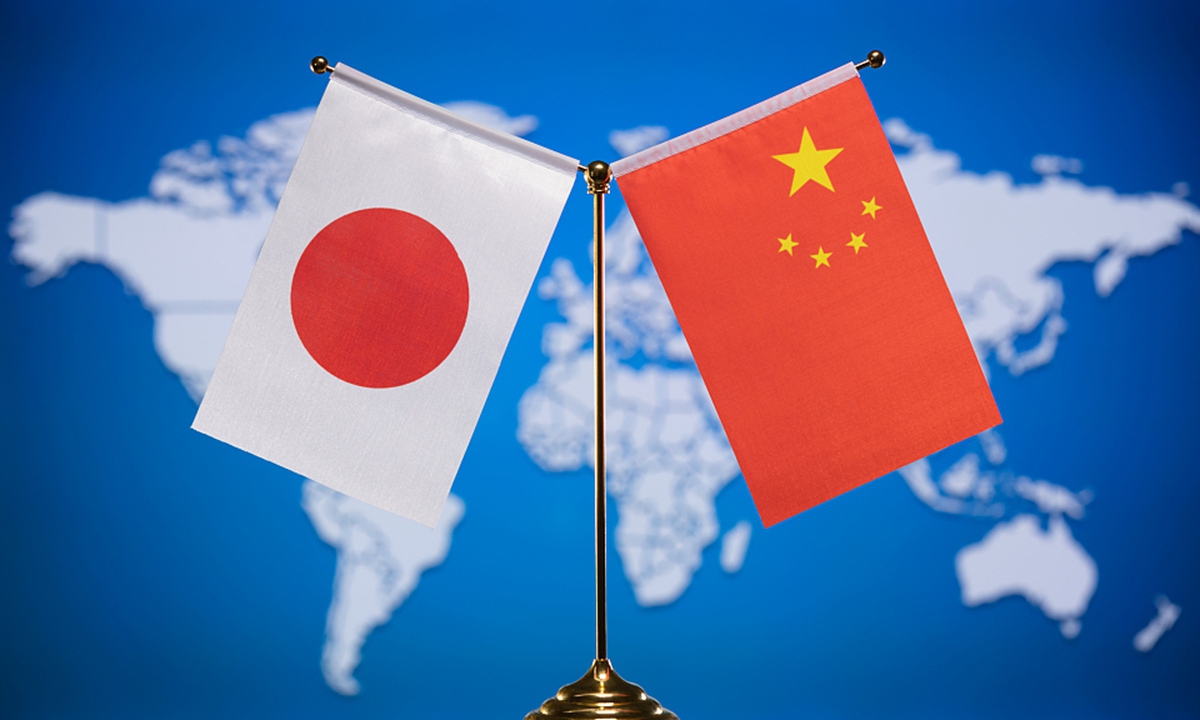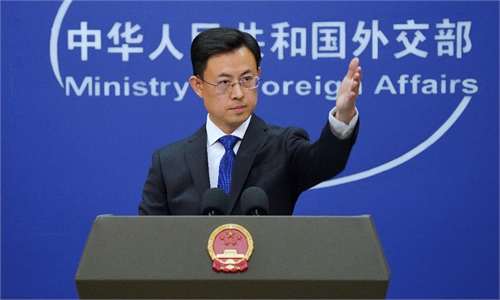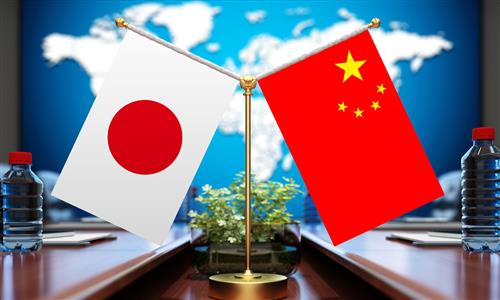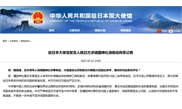
Photo: VCG
Recently, there have been a series of frequent interactions between Japan and China in the political sphere. From Tuesday to Friday, Komeito chief Tetsuo Saito is visiting China. This tour will be closely followed by a visit of Hiroshi Moriyama, secretary-general of the Liberal Democratic Party (LDP), who will lead a cross-party delegation from the Japan-China Friendship Parliamentarians' Union to China in late April.
Against the backdrop of recent frequent visits to Japan by the US secretary of defense and NATO's secretary general - aimed at strengthening the containment of China - this flurry of diplomatic activities by Japan's political leadership serves not only as a strategic signal to Beijing but also as a "pragmatic" response to rising trade protectionism. Beneath this diplomatic maneuvering lies Japan's struggle to assert greater strategic autonomy in navigating its relationship with China amid great power competition and domestic economic pressures.
Today's global trading system is undergoing profound disruptions. The US government has announced plans to impose additional tariffs on China and tighten technology restrictions, placing Japan, as a close US ally, in a dilemma between "decoupling" from Chinese supply chains, as Washington is pressuring it to do, and preserving economic and trade ties with Beijing.
Nevertheless, China and Japan remain deeply intertwined economically. Since the normalization of China-Japan diplomatic relations, bilateral trade has increased more than 300 times, and has remained at a high level of $300 billion for 15 consecutive years, with the accumulative two-way investment reaching nearly $140 billion. This interdependence has forced Tokyo to tread carefully despite mounting pressure from Washington. On the other hand, the intensive high-level visits to Japan by US and NATO leaders have further entrenched Japan in the anti-China security framework. The rise of Japan's conservative right has fused domestic political agendas with strategic ambitions, pushing for a closer US-Japan military alliance, participation in NATO's "Air Defender" exercises and advocating for NATO's first liaison office in Asia to be established in Tokyo. Such steps, in fact, increase Japan's risk of "strategic entrapment." Excessive reliance on US and NATO security commitments only further narrows Japan's diplomatic room to maneuver.
As a coalition partner in the ruling government, Komeito leverages its position to convey friendly signals, downplaying the ruling party's political stance, and highlighting the importance of people-to-people exchanges. This "soft diplomacy" also reflects Tokyo's balancing act between "aligning with the US" and "strategic autonomy" - avoiding provocation toward Washington while maintaining economic dialogue channels with Beijing.While such strategic hedging may buy short-term breathing room, sustainable stability in China-Japan relations will require Tokyo to transcend zero-sum thinking and make coherent, long-term strategic choices between security imperatives and economic interests.
This year marks the 80th anniversary of the Chinese People's War of Resistance Against Japanese Aggression and the World Anti-Fascist War. A correct understanding of history is not only the political foundation of Japan's relations with neighboring countries but also a litmus test of its commitment to peaceful development. However, on Monday, Japanese Prime Minister Shigeru Ishiba still made a ritual masakaki tree offering to the Yasukuni Shrine, where Class A war criminals from World War II are enshrined, under the title of "prime minister." Ishiba continues to seek a balance between being "conservative" and "pragmatic," but such a wrongful act that disregards historical truth is unlikely to win the trust of Japan's Asian neighbors or the international community.
What Japan's political leadership needs today is not just strategic finesse, but strategic initiative. If Japan responds to China's concerns with concrete actions - by deepening supply chain cooperation under the RCEP framework, demonstrating genuine historical reflection and respecting red lines - then these will serve as real "ballast stones" for China-Japan relations.
The author is an assistant researcher at the Institute of Japanese Studies at Chinese Academy of Social Sciences. opinion@globaltimes.com.cn



